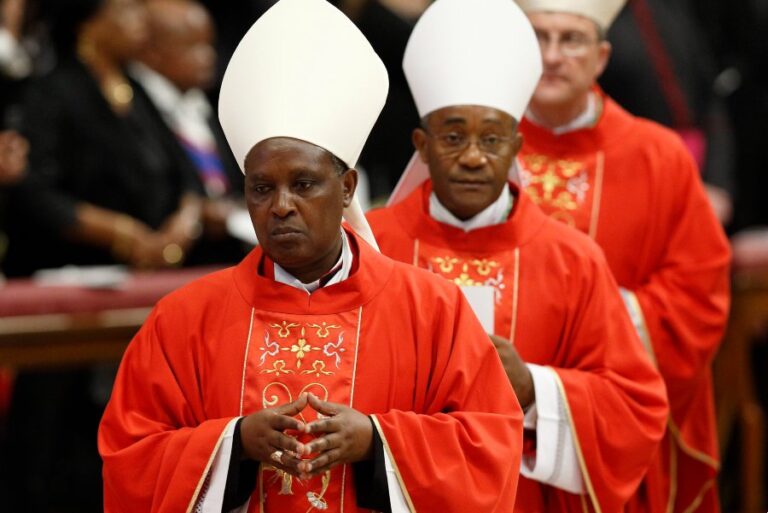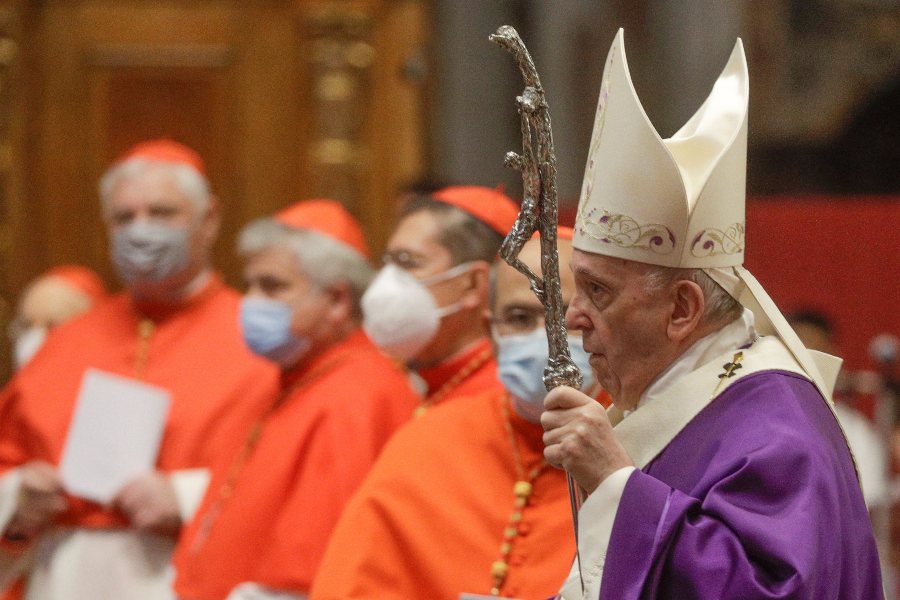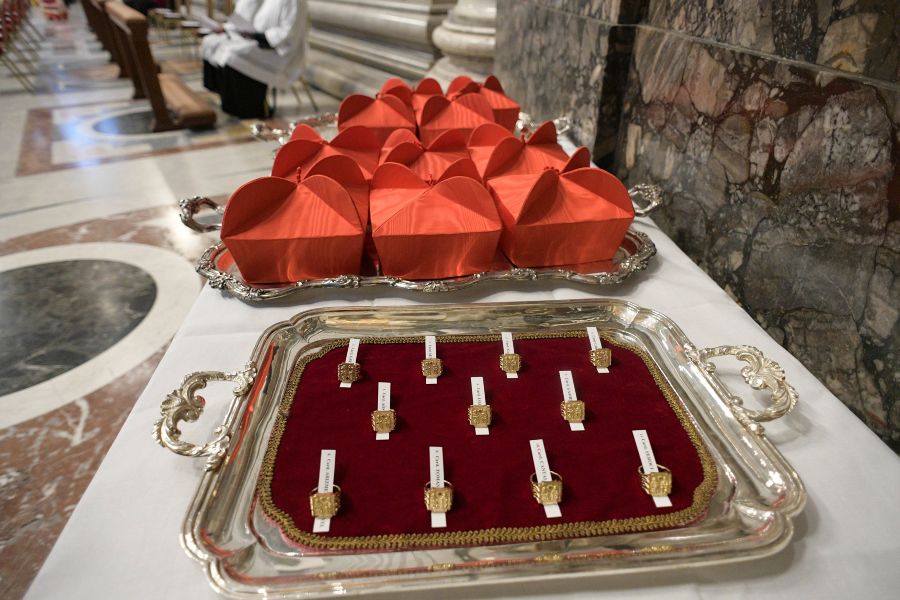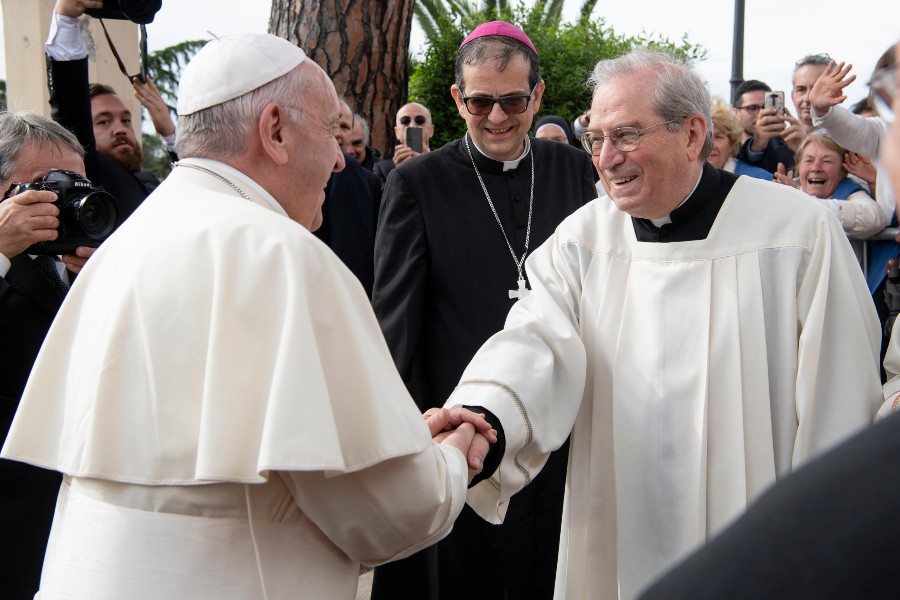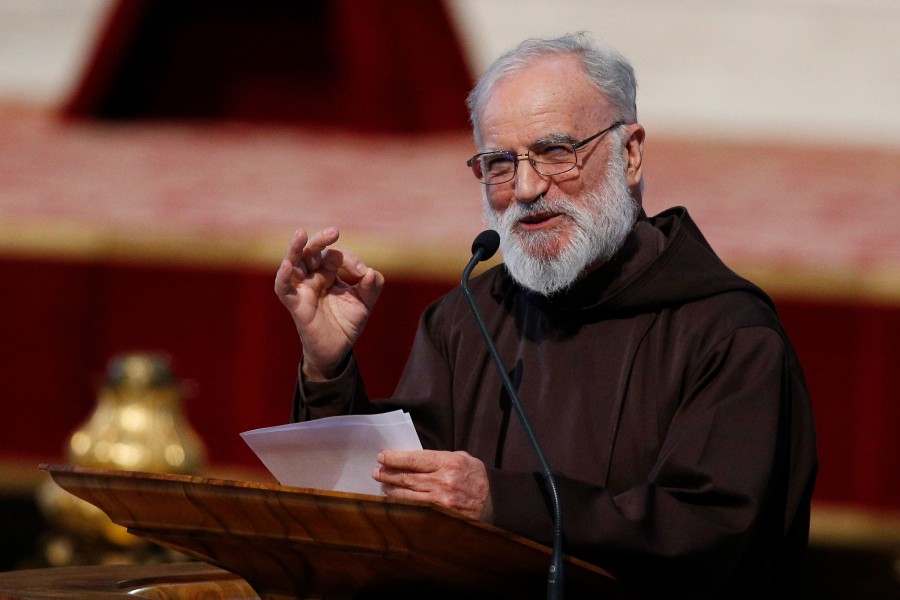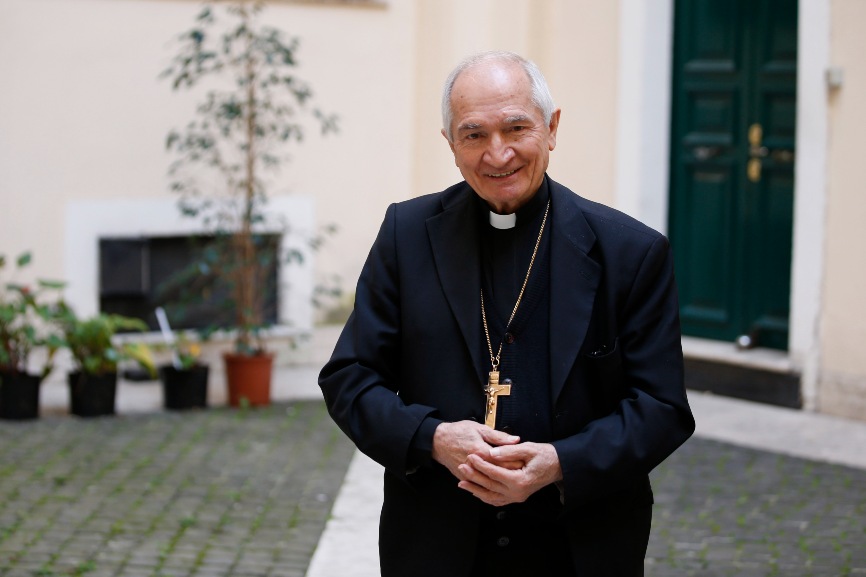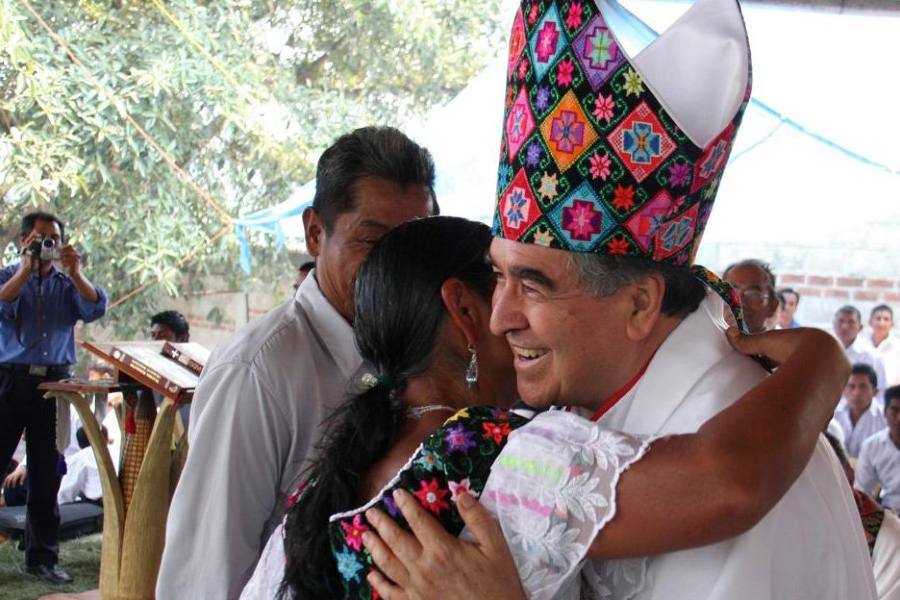
Editor’s note: Each day leading up to the Nov. 28 consistory in Rome that will create 13 new cardinals, the Catholic Review will offer a profile of one of the new cardinals. The profiles will appear in the order in which Pope Francis announced the appointments.
NAIROBI, Kenya (CNS) — Pope Francis’ appointment of a cardinal for Rwanda — a first — is seen as appreciation for the efforts of the Catholic Church to reconcile people after the country’s 1994 genocide.
Cardinal-designate Antoine Kambanda of Kigali, Rwanda, will turn 62 Nov. 10. He is known to be passionate about peace and reconciliation, and he recently stressed that the church is still weeping decades after the genocide.
Father Pascal Tuyisenge, rector of St. Vincent Ndera Minor Seminary in Rwanda, said: “I recognize him as a man of God, with assiduity to prayer. He loves God and men. He welcomes everyone. … He is very humble.”
Father Tuyisenge said the archbishop’s elevation crowns the Rwandan church’s work, including standing with the poor, the abandoned and the orphans in the East African country where the majority are Catholics.
It also challenges the church “to continue contributing and accompanying the people in their integral development,” said Father Tuyisenge, adding that Cardinal-designate Kambanda understands forgiveness, after he lost almost all his family in the genocide.
Shortly after Pope Francis announced his name as one of 13 new cardinals Oct. 25, Cardinal-designate Kambanda told Vatican News: “We live in times of tension, now mixed with the COVID-19 pandemic. As pastors, we need to guide people toward peace, brotherhood and sisterhood.”
He also said he thought Pope Francis’ recent encyclical, “Fratelli tutti,” would “enlighten us and will help us a lot in our pastoral work for reconciliation and fraternity.”
Father Christophe Ntagwabira, a Rwandan priest studying at the Catholic University of Eastern Africa in Nairobi, called the appointment good news.
“When I look at what is required — the morals, the doctrine, the piety and prudence in making decisions — I see him (Cardinal-designate Kambanda) as the right person.”
The Rwandan genocide killed more than 800,000 people — mainly ethnic Tutsis — and strained the relationship between Rwandan government and the Vatican. In 2016, the country’s bishops apologized for priests’ role in the genocide, with Pope Francis asking forgiveness in 2017.
In a signal of improved relations between the state and the Catholic Church, Rwandan President Paul Kagame welcomed the appointment of the new cardinal and underlined the church’s key role in rebuilding the country and reconciling the people.
The Catholic Church “has also continued to play a key role as a government partner in promoting education, health and welfare of Rwanda’s people,” Kagame said in a statement in the local Kinyarwanda dialect.
Missionary of Africa Father Innocent Maganya, director of the Institute for Interreligious Dialogue and Islamic Studies at Tangaza (Catholic) University College in Nairobi, said Cardinal-designate Kambanda’s appointment was significant in the line of healing and reconciliation given the turbulent times the church went through.
“It means a lot for the people of Rwanda. It will inspire hope and reconciliation. The pope is telling the people of Rwanda we are together — you are not forgotten,” said Father Maganya.
2020 Consistory
Copyright © 2020 Catholic News Service/U.S. Conference of Catholic Bishops

